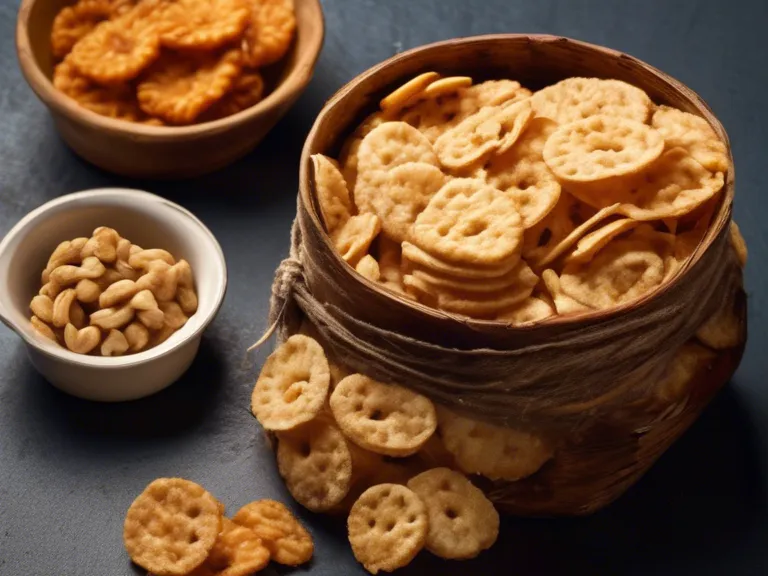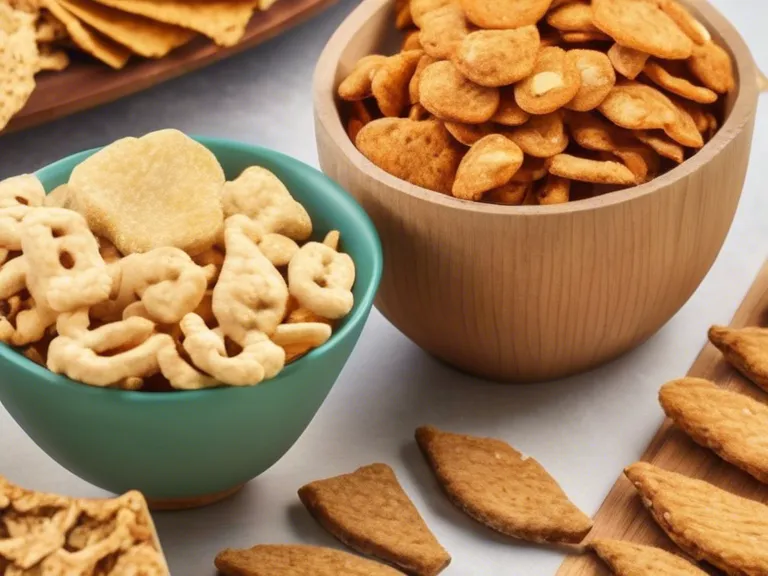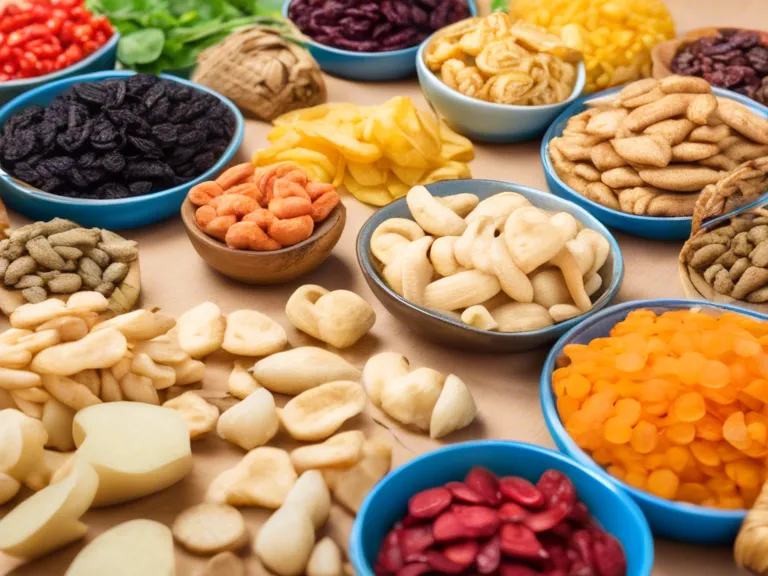
Preserving Traditional Snack Recipes in an Era of Sustainability
In the modern age where convenience often trumps tradition, it is important to hold onto the culinary heritage of our ancestors. Traditional snack recipes have been passed down through generations, each carrying a unique blend of flavors and techniques that tell a story of cultural identity. However, in the face of environmental challenges like climate change and food waste, it is crucial to adapt these recipes to align with principles of sustainability.
Sustainability in food can encompass a variety of practices, from sourcing local and seasonal ingredients to reducing food packaging waste. When it comes to traditional snack recipes, there are plenty of ways to make them more environmentally friendly without sacrificing taste or authenticity. For example, substituting ingredients with locally sourced alternatives can not only reduce carbon emissions from transportation but also support local farmers and food producers.
Another aspect of sustainability to consider is food preservation techniques. Many traditional snack recipes involve preserving ingredients through methods like fermentation, curing, or pickling. These time-honored techniques not only add unique flavors to the snacks but also help extend their shelf life without the need for artificial preservatives.
Additionally, adapting traditional snack recipes to minimize food waste can have a significant impact on sustainability. For instance, using parts of ingredients that are typically discarded, such as vegetable peels or meat bones, can not only reduce waste but also add depth of flavor to the snacks. Repurposing leftovers into new snack creations is another way to make the most out of every ingredient.
In conclusion, preserving traditional snack recipes in an era of sustainability is not just about honoring the past but also about shaping a more sustainable future. By incorporating practices like sourcing locally, utilizing preservation techniques, and reducing food waste, we can continue to enjoy the rich flavors of traditional snacks while minimizing our impact on the environment.



